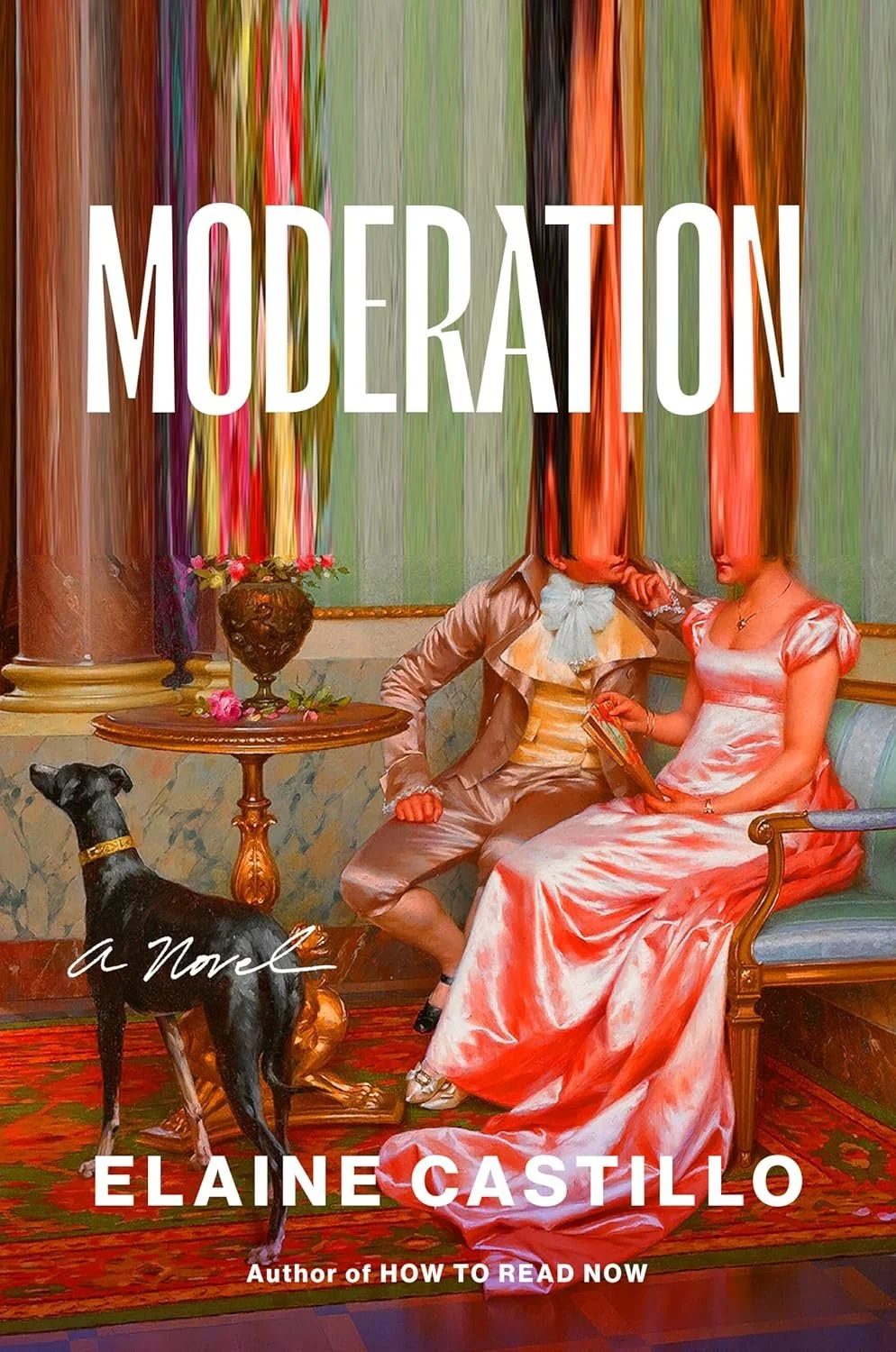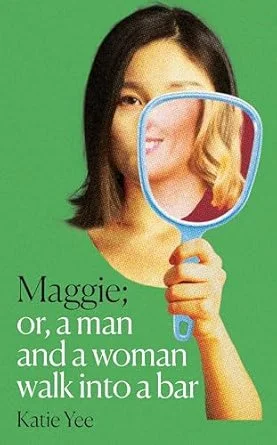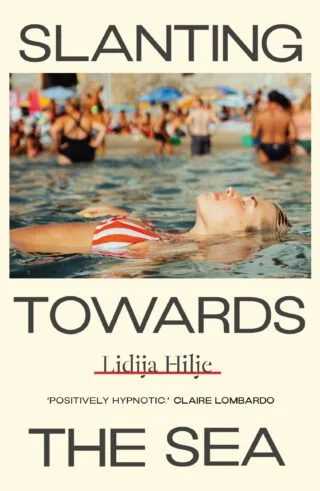Bonding, Mariel Franklin
Act 1: Recently made redundant from a tedious job at a tech company promising to change the world with an app, Mary books a spontaneous trip to Ibiza. There, she meets Tom, a dashing young chemist working with big data, and the two start a passionate affair.
Act 2: Back in London, their relationship is put to the test by Lara, Mary’s ex-cum-boss. Under Lara’s draconian management, Mary starts a marketing role at yet another tech venture that will change the world, this time through sexual freedom.
Act 3: Tom takes on the marketing of a revolutionary antidepressant called Eudaxa, and Lara sees it as an opportunity to further her brand’s influence. Trapped between the two, Mary finds herself at the crossroads of need and desire, social help and greed, organic matter and tech, as Eudaxa becomes a fuel for uninhibited sex and bonding.
Although split into three acts, the plot of this novel is anything but neat. With an entanglement of perspectives that jump between first and third person, Bonding somehow manages to both go into too much detail and gloss over what could’ve been its most salient topics.
Despite being the main narrator, Mary displays the kind of millennial ennui that prevents her from being an active participant in her own tale. The reader is thus trapped in a passive position, ever the observer to a story that keeps unfolding with no apparent trajectory. And even though Mary’s incessant inner tirades about the perils of technology dominate the prose, by the end of the book she still feels unreachable, always at an arm’s length – a plot device meant to tell us that society is doomed rather than a character in her own right.
But that’s okay. As we’ve seen in the case of Moshfegh’s My Year of Rest and Relaxation or Etter’s Ripe, a certain lack of agency adds to the allure. Detachment is chic. This also applies to Bonding, which, despite, or because of, its lacklustre protagonist, still managed to enthral me with its satire on the tech arms race that has taken over all public discourse. It paints a bleak, almost dystopian picture of current times, teetering on the edge of the absurd with the overabundance of content filling every gap in our daily lives.
But if there’s one thing I can’t forgive Bonding for, it’s for taking so damn long to get to what could’ve been its best plot point: Eudaxa’s side effects and how they’re being exploited for capital. If anything, going by the book’s synopsis, I was convinced that this would be the main topic. Introduced 70% through, it’s barely explored before it fizzles out into an anticlimactic poof, leaving us with an underdeveloped protagonist and a book that could’ve been so much more.
Editorial Picks




